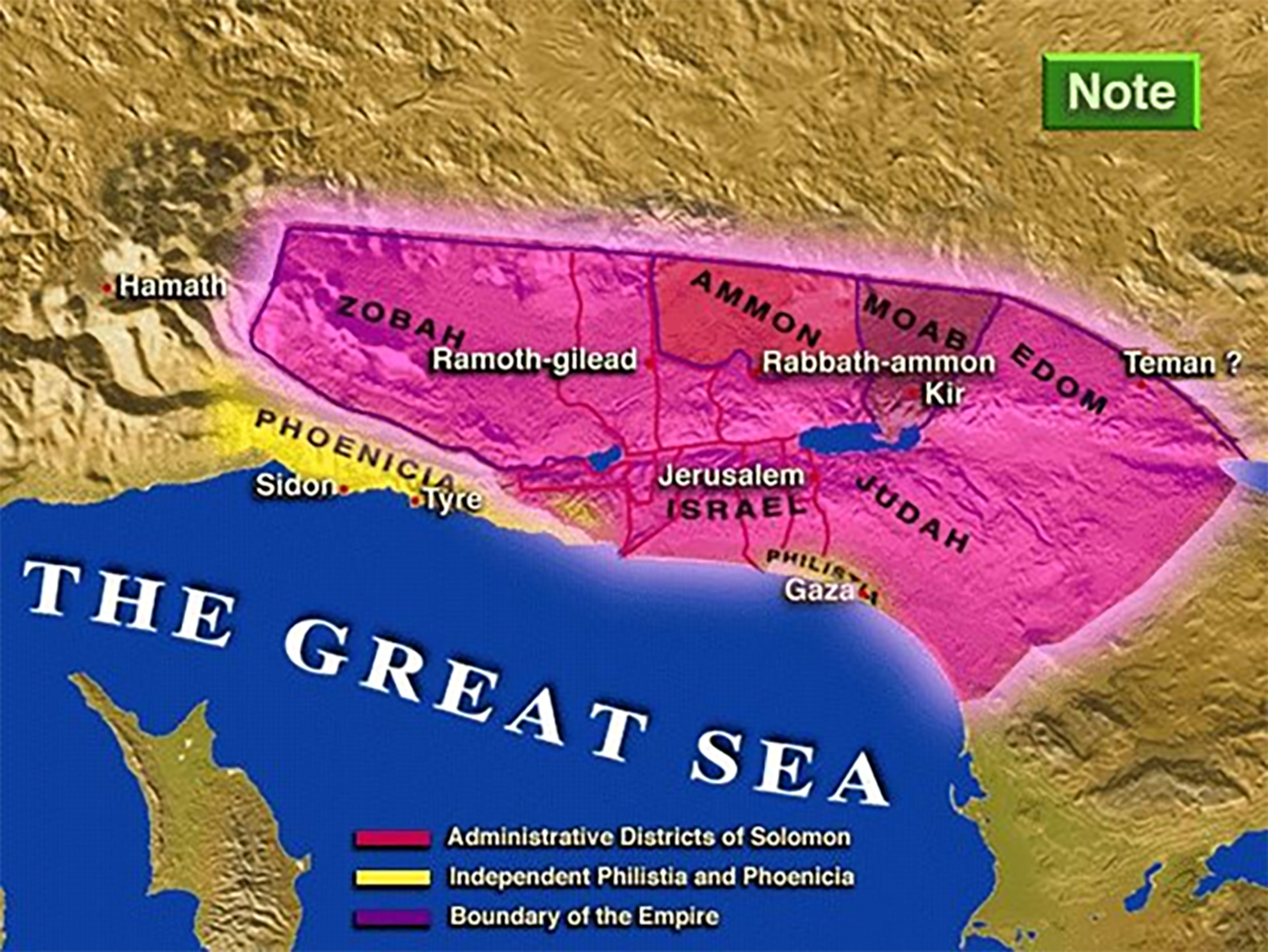For they be thy people, and thine inheritance, which thou broughtest forth out of Egypt, from the midst of the furnace of iron: (1 Kings 8:51)
They be thy people.
The reason for Israel’s existence as a separate people was that the Lord had chosen them from among the nations and had established them in the Promised Land (Ex. 19:4-6; Deut. 9:29;2 Sam. 7:23; Ps. 135:4). Since Israel belonged to God, they had the assurance that He would love them and help them, that His right hand would uphold them, and that in the hour of greatest distress they would have no occasion for fear (Deut. 33:26, 27; Isa. 41:8-14; Isa. 43:1-6). Since the happiness and well-being of His children was God’s greatest concern, His children felt that they had the right, in pressing their petitions, to plead with Him not to forsake His own. However, this alone would not guarantee their success. The promises of God are conditional, and those who expect the blessing must meet the conditions.
Out of Egypt.
The deliverance from Egypt was history. The fact that God had brought Israel out of the iron furnace of Egypt could never be changed. In that fact Solomon found a powerful argument for another deliverance should Israel again find itself crushed under the heel of a foreign lord. When Jeremiah later compared the deliverance from Babylonian captivity with that from Egypt, he declared that, in view of the greater restoration to come, Israel would no longer say, “The Lord liveth, that brought up the children of Israel out of the land of Egypt,” but, “The Lord liveth, that brought up the children of Israel from the land of the north” (Jer. 16:14, 15; 23:7, 8).
The Empire of David and Solomon

The boundaries of Israel here shown indicate its narrower limits (see 1 Kings 8:65). During part of the region of David lands extending to the Euphrates, while not incorporated into the kingdom, were also tributary to him (see on 2 Sam. 8:3).